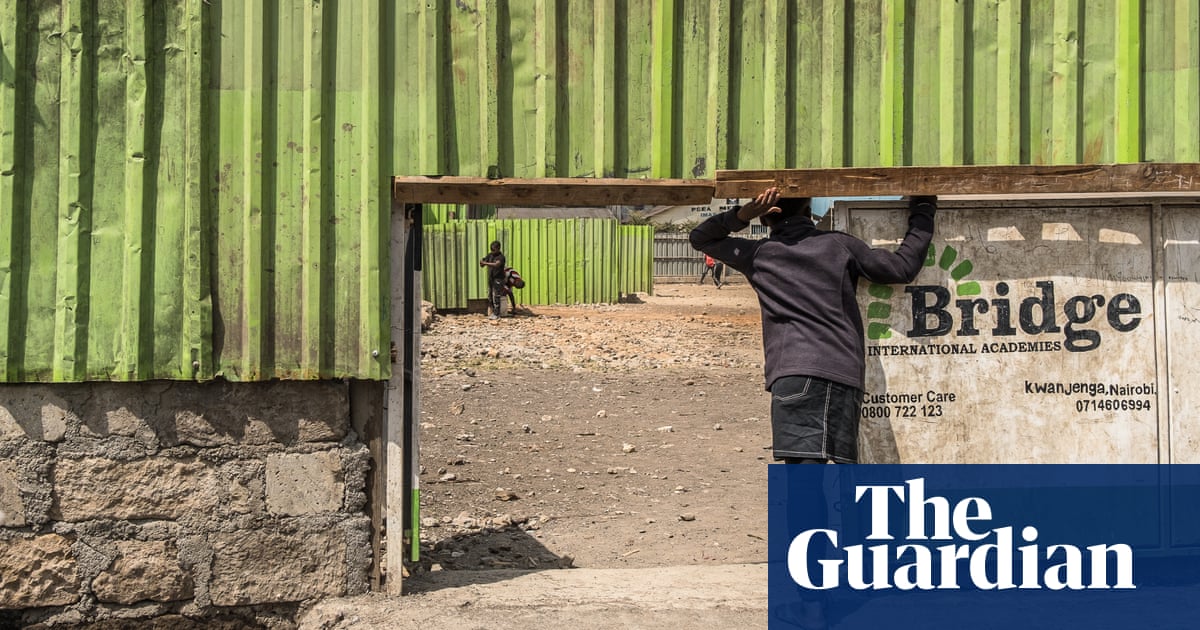
The Conservative MP Maria Miller has accused Ofsted of a “massive safeguarding failure” after a report by the schools inspectorate showed that sexual harassment and abuse in schools is so commonplace that pupils don’t bother to report it.
Miller was chair of the Commons women and equalities select committee five years ago when it published a landmark report that exposed for the first time the scale of sexual harassment, abuse and violence, endured primarily by girls, in England’s schools.
“This is not new news,” she said on Twitter, later telling the Guardian that Ofsted should have done more in the interim to ensure that children and young people were listened to and protected from the sexual misconduct revealed so comprehensively in 2016.
According to Miller, the government at the time was so shocked by the evidence gathered by the committee that it amended guidance to schools on dealing with sexual harassment before the report was even complete, then went on to issue new guidance.
“Most importantly of all, they demanded that Ofsted put into their school inspection framework a specific requirement to look at the reporting and recording of sexual harassment. This was 2016. Ofsted did not bother to change the inspection handbook … until 2019, which I find extraordinary.”
Then when inspection data from the revised framework finally showed that just 6% of schools had recorded sexual harassment allegations – despite clear evidence from her report of the true scale of the crisis in schools – Ofsted failed to act, said Miller.
“This is a massive safeguarding failure by Ofsted,” she told the Guardian. “I find it extraordinary that Ofsted did not have alarm bells ringing, that this [the 6% finding] demonstrated that schools were not accurately recording or reporting sexual harassment that occurred within their four walls.”
She said she was surprised that Ofsted had not apologised. “What’s so shocking [is that] as an inspectorate they are responsible for monitoring safeguarding in our schools. We wouldn’t expect as adults to have our workplaces dominated by people asking us for nude images of ourselves or receiving ‘dick pics’. Yet we are expecting young women in our schools to endure that sort of pressure.”
Responding to Miller’s criticism, an Ofsted spokesperson said: “We took the committee’s findings very seriously; our new inspections, in place since 2019, specifically ask schools to provide inspectors with their reports of sexual harassment and violence.
“However, our review concluded that underreporting is a real problem. Children are often reluctant to tell teachers, and school leaders have underestimated the prevalence of sexual harassment and online sexual abuse.
“Our review found that inspectors have not always been rigorous enough in questioning of schools that claimed to have no recorded incidents of sexual abuse or harassment. In the review, we committed to strengthening our inspections, to be more challenging on these issues.”
Ofsted’s report published on Thursday was based on visits to 32 schools, and interviews with more than 900 pupils, and concluded that sexual harassment had become “normalised” for young people, in school, online and in other unsupervised spaces including parks and house parties.
It found that teachers “consistently underestimate” the scale of the problem and that sex education in schools was so out of touch with the reality of children’s lives that pupils turned to social media or their peers for information. Miller said many of its recommendations mirrored her own five years ago.
One mother whose daughter was raped by a classmate called for a public inquiry into government failure to take action after the 2016 report. “The guidance is still deeply inadequate,” she said, “meaning that girls who have been raped are still being put back in class with their named rapists.”
Andrea Simon, director of the End Violence Against Women Coalition, said:
“We have known about the scale of sexual harassment and sexual violence between young people for years and have repeatedly raised concerns with the government. However, it is shocking to learn it is now so commonplace that young people do not even see the point in reporting it to adults.”
The government has pledged a series of actions to address the sexual misconduct crisis in schools, and has asked headteachers to use an inset day to help train staff on how to deal with sexual abuse and harassment among pupils, and how to deliver the government’s new compulsory relationships, sex and health education curriculum.
Making a statement to MPs on the Ofsted findings, the children’s minister, Vicky Ford, said: “Let me be clear: sexism and misogyny is not OK. Sexual harassment, let alone non-consensual touching, groping or sexual contact – none of this is OK.
“Sending unrequested nudes is not OK and neither is bullying your peers into sending a nude and then sharing it with your mates. And yet this has become commonplace for so many young people. We as government, as parents, educators and as a society must work together to turn the cultural dial.”
The minister said the government fully accepted the findings of the Ofsted review and promised to go further on the recommendations put forward by the inspectorate. She also urged to parents to play their part, particularly over children accessing pornography. “As a mum, I know the difficulty in discussing these issues with our children. But parents need to be aware of what their children are doing and how to support them when things go wrong.”












